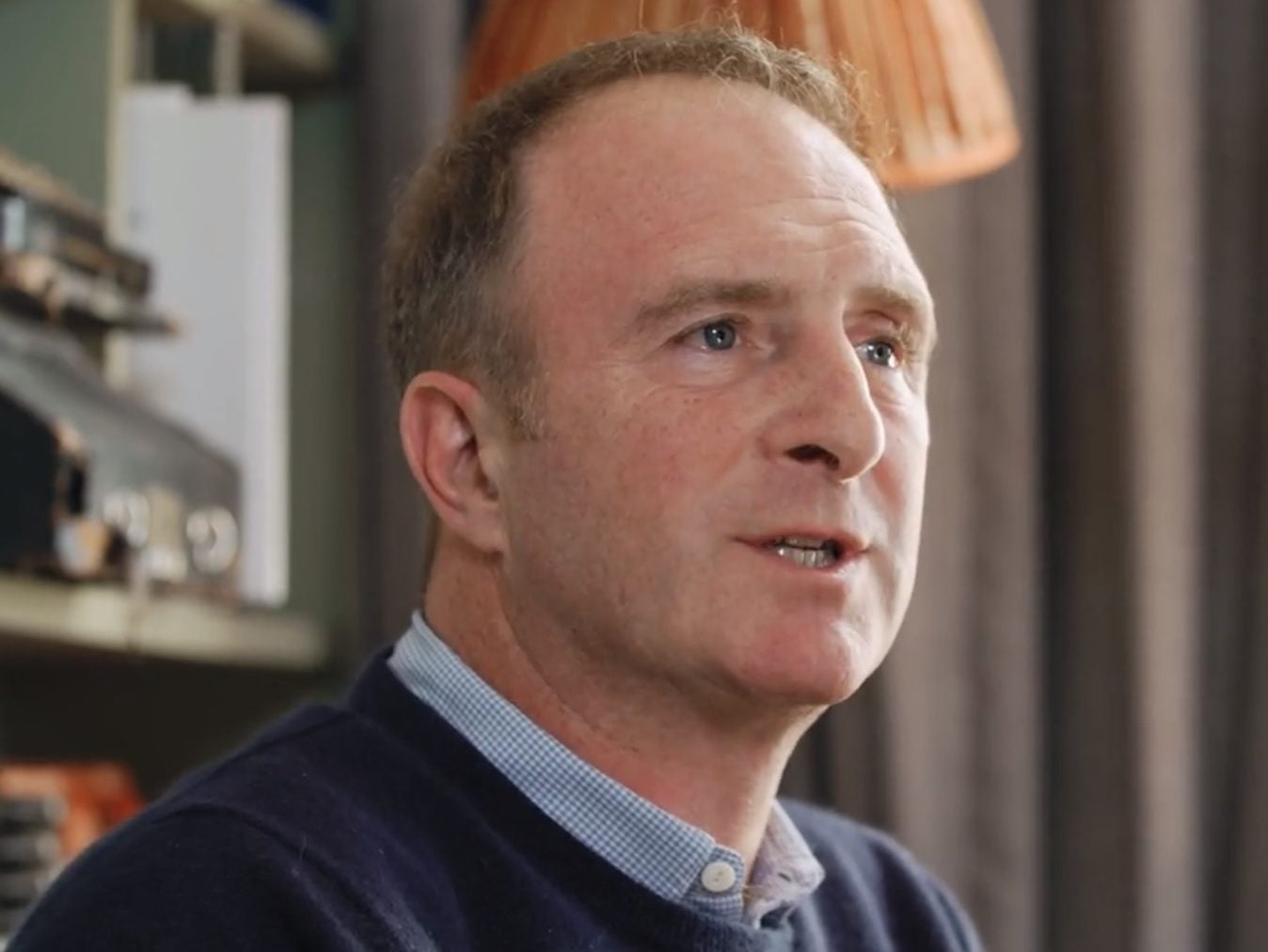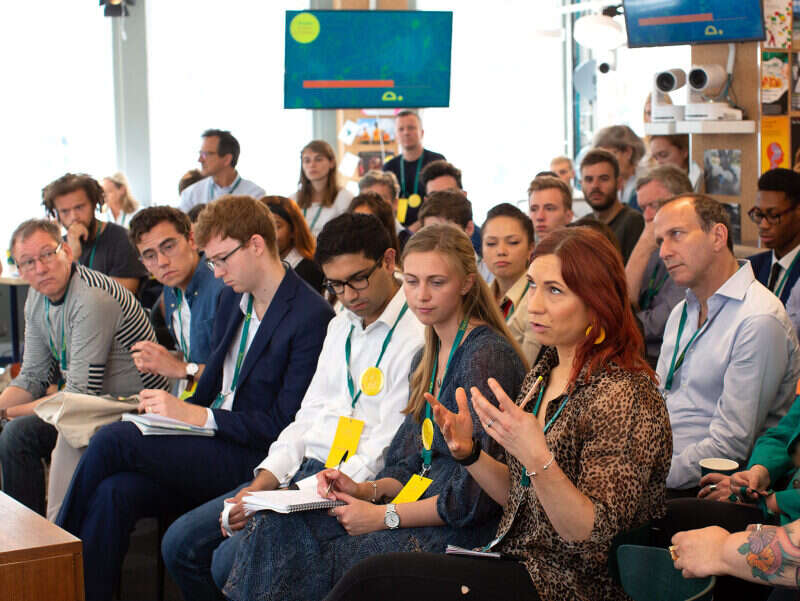
Slow news outfit Tortoise Media grew its paid-for members by about 50% in 2020, according to co-founder James Harding.
The ad-shunning start-up, which launched in April 2019, now has more than 80,000 people signed up – of whom about a third are under 30.
According to editor-in-chief Harding “the better part of 60%” are paid-for members (nearly 50,000) and the rest have registered for the free daily Sensemaker email or taken on a free trial.
Membership ranges from £80 (full price) to £50 for a team member with other packages for businesses and free subscriptions for students. So the title could potentially be making in excess of £3m a year in subscriptions income, although Tortoise does not make its figures available.
Tortoise launched in 2019 with crowdfunding of £710,000 (making it the eighth most successful journalism crowdfunding project ever according to Press Gazette research).
Before the pandemic Tortoise did not make any of its content available for free, but since then it has decided to open up slightly, for example with the email newsletter, similarly to the Financial Times and New York Times.
Speaking at a webinar for the Reuters Institute for the Study of Journalism on Wednesday, Harding said the thinking from the beginning was “we will live or die by growing our membership, so everyone told me it takes time, you’ve got to accept it’s going to take years”.
The business lost all its non-subscriptions revenue in early March last year because the Covid-19 pandemic stopped all live events from going ahead. But that revenue has restarted after switching to virtual events.
A big part of the Tortoise model was its Thinkins, which are meetings with members and guests on a chosen topic at which only statements can be made, no questions. They were often sponsored by business partners.
“We wondered what we were going to do,” Harding (pictured) said. “The heart of our newsroom was this idea we would host Thinkins, open news meetings in our newsroom.”
But Tortoise quickly pivoted to running a full schedule of live Thinkins online, which Harding said meant the brand can reach a much wider range of people across the UK and internationally.
Previously he had concerns that so many of the people involved lived in London and shared similar views and, since Thinkins inform Tortoise journalism, that this meant many voices were going unheard.
“We are able to do things that have frankly a better calibre and range of people, gaining more diversity of people joining – geographical as well as everything else. So actually we found that the year just took off.”
Harding, the youngest editor of The Times on his appointment in 2007 and later director of news and current affairs at the BBC, revealed Tortoise’s in-person events were attended by about 500 people a week before the pandemic.
By contrast, across some weeks last year it had as many as 10,000 people attending its online events in total – although there were some “pretty grim” examples of Zoombombing early on.
Harding said hybrid digital and in-person events are unlikely to work after the pandemic, though, as Tortoise has tried this before and “the thing you couldn’t create was a sense of fairness between the person in the room and the person on the screen”.

Thinkin at Tortoise newsroom on 28 June 2019. Picture: Tortoise Media
He added: “We’re 20, 21 months into Tortoise, we’re not yet into two years, and we feel like we’ve got some momentum and our business model is no advertising, so critical for us is growing that membership base and having business partners that we work with to provide Thinkins for them. That’s also grown really significantly.
“So we’re beginning to see some momentum there and I can’t help but feel, as testing as it’s been, actually the pandemic and doing things digitally has really kickstarted what we do as a business model but also journalistically.”
Tortoise scaled back on costs in the middle of last year, making “real reductions”, and remains “cautious”, Harding said.
“It’s really hard to see on the two critical measures for us which are: individual willingness to pay… and how corporates are going to engage in the world.
“There’s not an easy proxy for us. If you look at other parts of the media they can see trends happening in advertising and they can see whether they’re above or below that trend line. We’re a new business starting new. But our aim is we set ourselves to become a sustainable business to make sure we get ourselves in the black and we’re still on the path that we set ourselves.”
Harding said the fact a third of its members are under 30 was “significant” and “deliberately done”, putting it down to Tortoise’s story selection and “big shift” towards audio over the past year.
Most recently the outfit launched a daily podcast called The Sensemaker with one story billed as helping listeners make sense of the world. It sits alongside the daily Sensemaker email newsletter.
Harding said the podcast has already reached about 120,000 downloads per week.
“I do think this question about how do you reach young audiences is one of those ones that people talk about a lot but it’s definitely doable, there’s definitely a big audience that is hungry for news and a different kind of news,” Harding said.
He added that Tortoise’s choice to focus on its “big five” topics – technology, natural resources, identity, finance and longevity – had “made a massive difference to the way people see us and that, I think, has been important”.
[Read more about alternative ways of funding journalism: Crowdfunding has raised $20m+ and seeded some major titles]
A number of its members joined through special offers as part of its early fundraiser, including a five-year digital membership for anyone under 30 who pledged at least £50.
In the summer of 2019, the outfit launched an inclusive scheme through which businesses could fund memberships to be distributed by charitable organisations and groups to fill Tortoise’s demographic gaps, such as those outside London, teenagers, the elderly, and the working class.
Picture: Tortoise Media/Screenshot
Email pged@pressgazette.co.uk to point out mistakes, provide story tips or send in a letter for publication on our "Letters Page" blog
